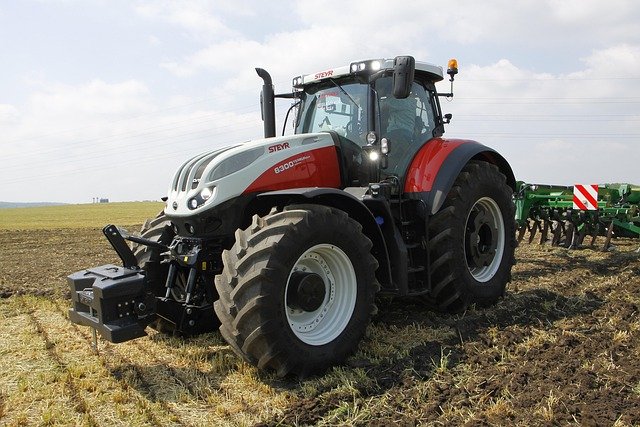Farm Jobs: Roles, Skills, and What to Expect
Working on a farm combines physical effort, practical skills, and seasonal rhythm. Farm jobs span short-term crop work during planting and harvest, to year-round roles caring for livestock, maintaining equipment, and managing logistics. This article explains common roles, day-to-day tasks, required skills, and what newcomers should expect when exploring farm and agriculture work. It is informational and does not advertise or imply specific, active job listings.

What does farm work involve?
Farm work covers a wide spectrum: planting, irrigation, equipment maintenance, crop monitoring, fencing, and general property upkeep. Days often start early and vary by season; planting and harvest demand long hours while quieter periods focus on maintenance and planning. Weather and soil conditions directly affect daily priorities. Many positions require lifting, operating machinery, and following safety protocols. Employers may expect punctuality, a willingness to learn, and the ability to work independently or as part of a small team in a farm setting.
What roles exist in agriculture?
Agriculture roles range from farm laborer and equipment operator to supervisor, agronomist, and farm manager. Laborers perform hands-on tasks such as transplanting seedlings, weeding, and sorting produce. Operators handle tractors, combines, and irrigation systems. Agronomists and technicians support crop health, soil testing, and productivity improvements. Management roles include scheduling, supply purchasing, and compliance with regulations. Seasonal help and internships are common, offering practical experience for those new to agriculture before moving into specialized or full-time positions.
When does harvest work happen and what’s required?
Harvest periods are peak times that require intensive labor to collect crops efficiently and preserve quality. The timing depends on the crop and location; some farms have concentrated windows that demand extra staff or overtime. Tasks include picking, packing, sorting, quality control, and transporting produce from field to storage. Physical stamina, attention to detail, and speed are important. Employers often prioritize reliability and the ability to work under time pressure. Harvest work can be a gateway into agricultural careers, providing hands-on learning about produce handling and supply chain timelines.
How do livestock roles differ from crop work?
Livestock roles focus on animal care, which includes feeding, milking, herd health monitoring, record-keeping, and facility maintenance. Unlike some crop tasks that are seasonal, livestock care is typically continuous and requires consistent daily attention. Workers may assist with birthing, vaccinations, and biosecurity measures to prevent disease spread. Communication with veterinarians and adherence to welfare standards are important. Livestock jobs blend physical labor with observational skills—being able to notice changes in behavior or condition can be as valuable as manual experience.
What skills and qualifications are useful in the field?
Practical skills such as machinery operation, basic repairs, and safe handling of tools are highly valued. Knowledge of crop cycles, soil health, or animal husbandry boosts employability. Soft skills—reliability, teamwork, and problem-solving—are equally important. Certifications in tractor operation, pesticide safety, or first aid can be advantageous depending on the role. Many farms provide on-the-job training, so a willingness to learn and adapt often matters more than formal education. Language skills and familiarity with local services and supply chains can also help workers integrate into farm operations.
Conclusion
Farm jobs offer a variety of experiences across crop production, harvest, livestock care, and equipment management. Work can be seasonal or year-round, physically demanding, and shaped by environmental and market conditions. For those considering farm or agriculture work, understanding the typical responsibilities and skill expectations helps align career interests with real-world demands. This article provides general, educational information and does not represent active job listings or opportunities.




